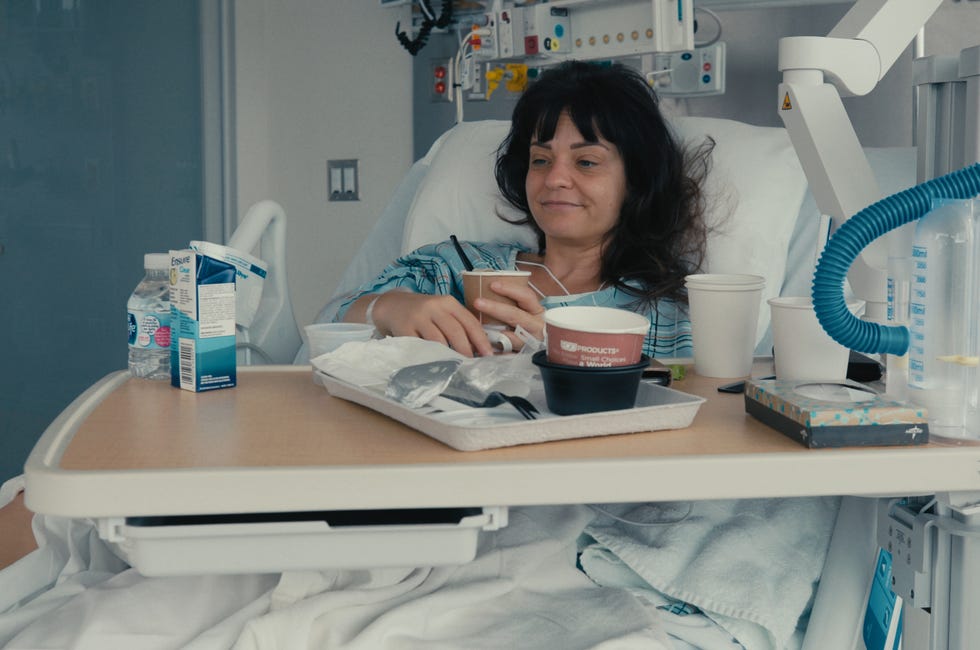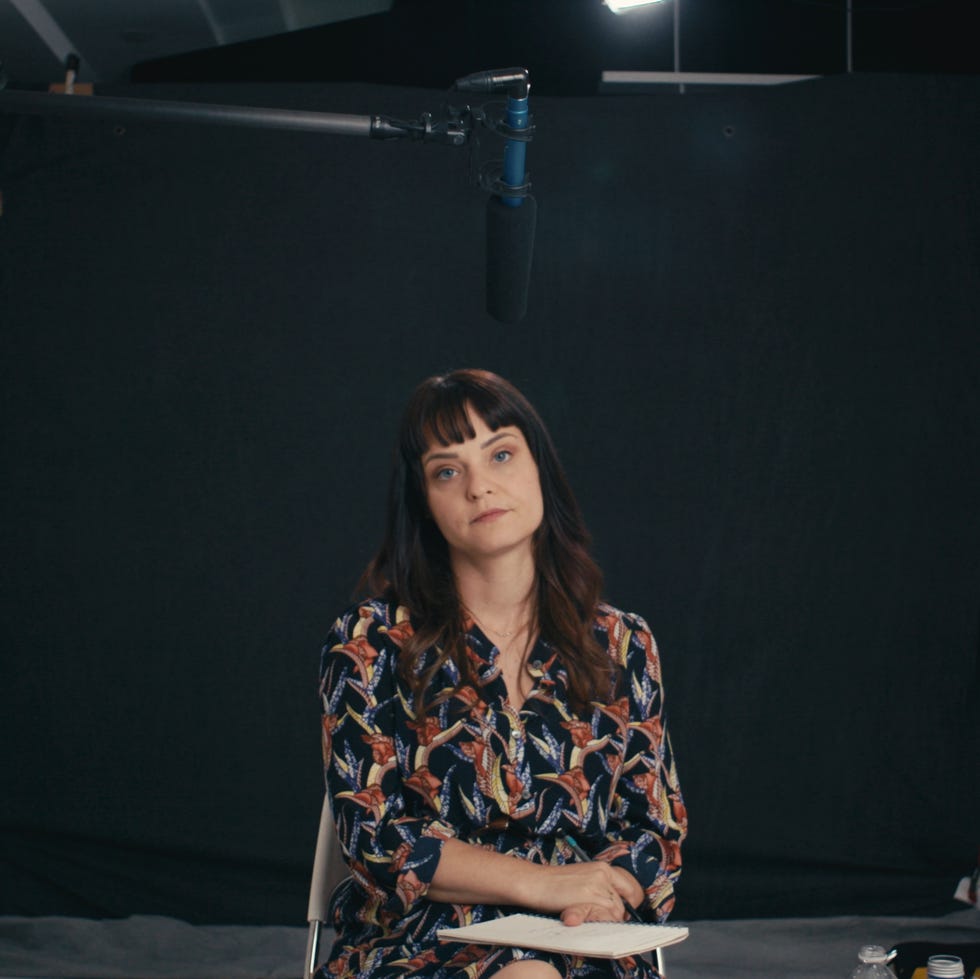What It Feels Like to Donate a Kidney to a Stranger

Some kidney donors might welcome knowing who they’re giving it to. That’s part of what they’re looking for. But I wanted to be anonymous. I wanted it to be a freely given gift with no expectation of a thank you.
A few days before the surgery, on my last check-in, I was a wreck—really anxious and crying. They told me I couldn’t go through with it if I was in that state, which felt like a slap in the face. I had to get it together. I was indulging myself in this anxiety and fear and self-pity. It was a moment where I felt like I had to grow up a bit and be a bigger person. I kept telling myself, “It’s not that big of a deal, just go have your surgery. People do it every day.”
I was scared. I’d never had major surgery before, and when I go into a situation that I can’t picture at all, my anxiety tends to get the best of me. I thought, Am I packing the right things? Am I supposed to pack a toothbrush? Am I bringing my laptop? It turns out, I didn’t really need anything.
Checking in was a blur. I sat in the pre-op room watching My Cat From Hell on the television, which was surreal. My surgeon said, “It’s not every day that you choose to save someone’s life, and that’s what you’re doing today.” I started sobbing. Then, I walked down the hallway, laid down on the table, and went under.
Waking up from surgery was such a crazy experience. It’s not like I was asleep. When I’m asleep, I wake up knowing that time has passed. But when I woke up from being under general anesthesia, it was as if time hadn’t passed.
I woke up sobbing, and from what I’ve heard, that’s not uncommon. I felt so relieved that I had done it. That I had managed to accomplish this goal that was hard for me.
I was in the hospital for three nights, though I was told I could go home any time. But I loved being in the hospital, and I didn’t really want to go home. I liked the bed, which went up and down at the press of buttons.

The author recovering from surgery.
On one hand, recovery was pretty easy. I was sore and stiff. Moving around was tough for a few days. But all in all, it was shockingly easy in those first few days. On the other hand, I think my body took a long time to fully recover—several months, really. I wasn’t sure if it was post-surgery come down, depression, or something more emotional, but it felt like my body was repairing itself for really quite a while.
I now have several small scars where various instruments went in, nearly invisible. You wouldn’t know they were there unless I pointed them out. The biggest one, where the kidney came out, is similar to a C-section scar, but much much smaller.
It’s gonna be six years in August since I did it. It’s becoming a little bit of an abstraction. The only way that I can say it changed my life is that now, if I’m down on myself for being selfish, I can remind myself that I did this thing. It reminds me that maybe I am a good, empathetic person. But it’s still something I fight with myself over.
I also have to remind myself that I only have one kidney. I can’t be blasé about my health anymore. Right now, I’m trying to lose weight, so it’s on my mind. I’m perfectly healthy, but I made myself more at-risk by taking away that extra kidney.

The author made a documentary about her experience donating a kidney.
I think I was trying to exercise my morality in a way that you might exercise at the gym. I thought of it like training for a marathon. And when I ask myself why I would do that, I think the answer is instinct. When a person is drowning in a lake, there’s a natural instinct to save them. In my case, though, it wasn’t instantaneous. There was a huge, years-long gap between the idea of saving someone and the execution.
I spent those years calibrating my conscious sense of morality to include a regard for distant strangers. But now I want to go back the other way, to exercise the muscle of being there for the people that I love. What about my neighbors? My friends? My family?
I know now that moral development is never done. It’s not like beating a video game. You just keep going. It’s like the Haitian proverb: Beyond the mountains, more mountains.
A documentary about Lane’s experience titled Confessions of a Good Samaritan is available for streaming on Netflix.
esquire




